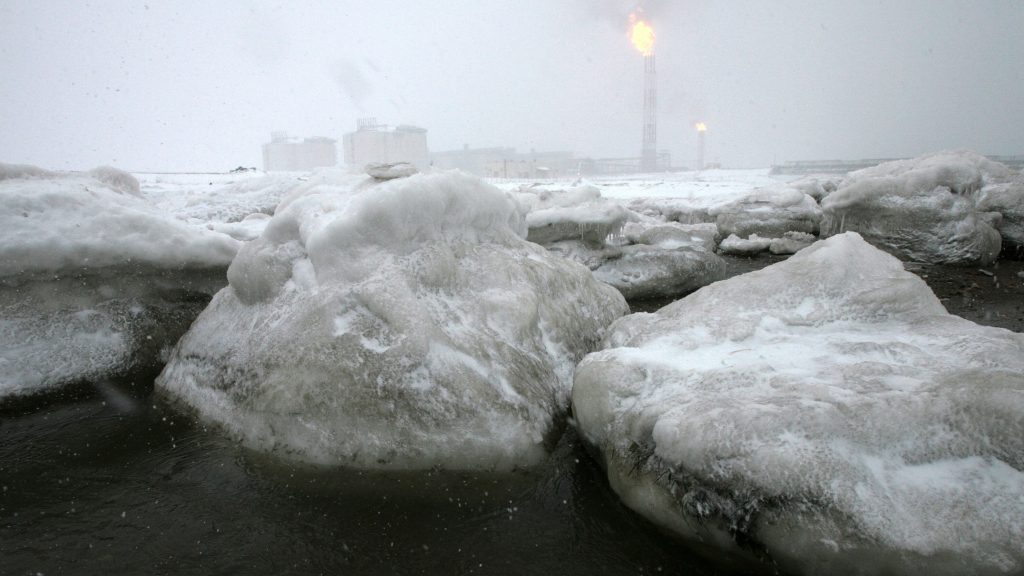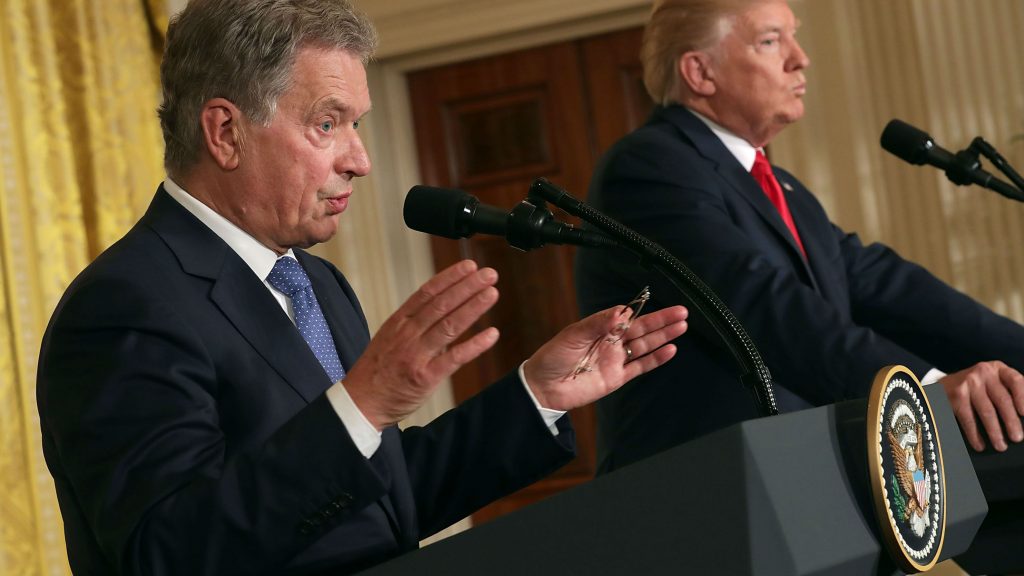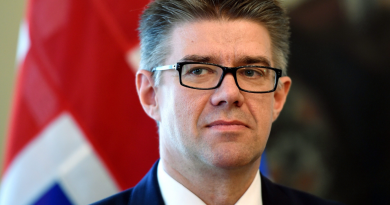Arctic Council experts gather in Helsinki for black carbon meeting

The Arctic Council’s expert group on black carbon and methane will gather in Helsinki on Wednesday for a two-day meeting to discuss their ongoing work tackling pollution in the North.
Black carbon and methane emissions are a serious concern for the world’s circumpolar countries because of this form of pollution’s role in warming the atmosphere. When black carbon is deposited on ice and snow, it absorbs heat, instead of reflecting heat from these surfaces, contributing to global warming.
Black carbon is made up of fine matter produced by incomplete combustion of carbon-based fuels. It can be emitted by everything from diesel engines to forest fires.
Because black carbon particles are so small, they can be inhaled and have also been linked to respiratory and circulatory problems in humans.
Concern for North
The Arctic Council is a forum made up of world’s eight circumpolar nations and six Arctic Indigenous groups. It was established in 1996 to work on sustainable development and environmental protection in the North.
Year formed: 1996
Arctic Council Members: Canada, Denmark (Greenland), Finland, Iceland, Norway, Sweden, Russia, United States
Permanent Participants: Aleut International Association, Arctic Athabaskan Council, Gwich’in Council International, Inuit Circumpolar Council, Russian Association of Indigenous Peoples of the North, Saami Council
Current Chair: Finland (2017-2019)
The Arctic Council adopted the “Enhanced Black Carbon and Methane Emissions Reductions: An Arctic Council Framework for Action” in 2015 during Canada’s stint as chair after it was decided reducing this type of pollution should be a priority for Arctic nations. (The forum’s chairmanship rotates between member states every two-years.)
The establishment of an Expert Group on Black Carbon and Methane was established to help implement the framework’s commitments to reduce black carbon, recommend collective goals for black carbon reduction and to submit a summary of progress and recommendations every two years for the Arctic Council ministerial meetings.
Recommendations from their first summary in 2017 for emission reduction included a focus on diesel emissions, oil and gas methane leakage, residential biomass appliances and solid waste disposal.
Finland pushes for summit
Finland currently holds the Arctic Council’s two-year rotating chairmanship.

In June 2018, Finnish President Sauli Niinistö called for an Arctic Summit on black carbon with all eight circumpolar nations.
Niinistö said “a firm high-level commitment to reduce black carbon emissions in the Arctic would be welcome news for the environment,” Finland’s public broadcaster Yle News reported in June.
This week’s expert group meeting runs January 16-17.
Write to Eilís Quinn at eilis.quinn(at)cbc.ca
Related stories from around the North:
Canada: Canadian Chamber of Commerce backs carbon pricing, but not for the North, CBC News
Finland: Finnish president demands Arctic Summit to stop dangerous black carbon emissions, Yle News
Greenland: Glacier half the size of Manhattan breaks off Greenland, CBC News
Iceland: Environmental groups call on Arctic cruise industry to reduce pollution in Iceland, Eye on the Arctic
Norway: WWF urges Norway to protect its Arctic forests to help fight climate change, The Independent Barents observer
Russia: Monchegorsk, Russia: a mining town with green aspirations, Cryopolitics Blog
Sweden: After the IPCC’s devastating report, what can Sweden do to fight climate change?, Radio Sweden
United States: Former Alaska Attorney General leads U.S. Interior office with focus on Arctic and ‘adaptation’, Alaska Public Media



